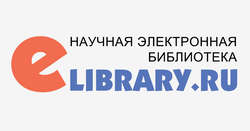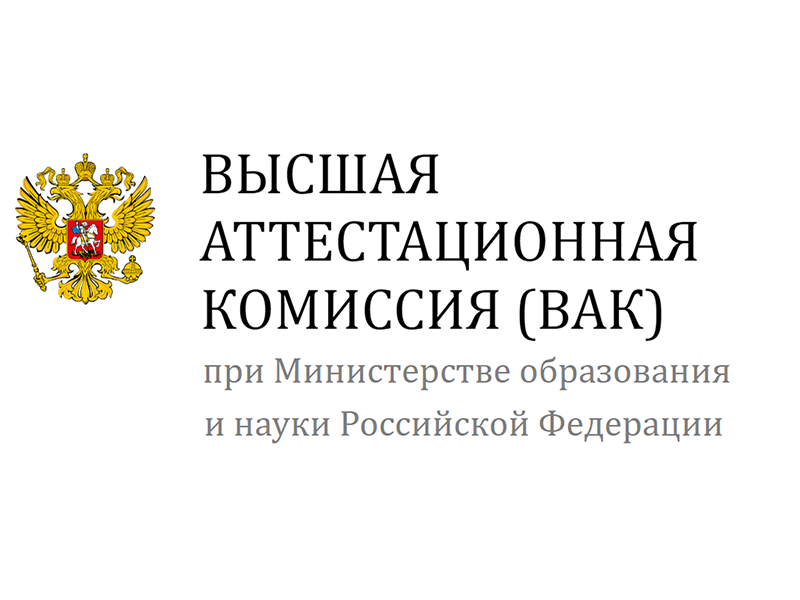Редакционная этика
Редакционная коллегия научного журнала «Знак: проблемное поле медиаобразования» придерживается этических норм и стандартов, принятых международным научным сообществом в качестве образцов наилучшей практики. В частности, редакционная коллегия следует принципам, сформулированным международным Комитетом по этике научных публикаций (COPE).
Редакционная коллегия также соблюдает все юридические требования в отношении авторского права, зафиксированные в законодательных актах Российской Федерации.
Редакционная коллегия заявляет об отсутствии влияния на принимаемые ею решения со стороны учредителей журнала – Челябинского государственного университета, Загидуллиной Марины Викторовны и Киршина Бориса Николаевича.
Наряду с этим, редакционная коллегия всячески поддерживает базовые этические принципы работы с научной информацией:
- непредвзято, взвешенно и объективно оценивает все поступающие материалы;
- при работе с материалами руководствуется лишь критериями оригинальности, научной значимости и актуальности текстов, достоверности представленных в них данных;
- оценивает содержание рукописи вне зависимости от расы, пола, религиозных взглядов, происхождения, гражданства, социального положения или политических предпочтений авторов;
- сохраняет конфиденциальными, не использует в личных целях и не передает третьим лицам без письменного согласия автора неопубликованные данные, информацию или идеи, полученные из представленных к рассмотрению рукописей;
- исключает конфликт интересов всех участников процесса опубликования материала: авторов, рецензентов, представителей редакции, иных членов редакционной коллегии (в случае наличия у рецензентов, представителей редакции, иных членов редакционной коллегии любых взаимоотношений с автором, могущих повлиять на принятие решения относительно публикации рукописи, они заявляют редколлегии о конфликте интересов и исключаются из процесса работы над статьей);
- не принимает от авторов вознаграждений в явной или неявной форме;
- борется с плагиатом всеми доступными способами;
- принимает адекватные меры в случае этических претензий, касающихся рассмотренных ею рукописей или опубликованных материалов, добросовестно и открыто расследуя все подобные случаи.
Редакционная коллегия журнала «Знак: проблемное поле медиаобразования» проводит проверку на плагиат и самоплагиат любого поступившего материала с помощью системы «Антиплагиат» и отказывает в публикации текста в случае наличия в нем значительного объема неправомерных заимствований.
Редакционная коллегия следит за соблюдением авторских прав авторов публикуемых в журнале статей, строго следуя положениям заключаемого Лицензионного договора.
Редакционная коллегия научного журнала «Знак: проблемное поле медиаобразования» заявляет об отсутствии злоупотреблений и конфликта интересов при выполнении ею своих обязанностей.
Автор (или коллектив авторов) при подготовке и представлении к печати рукописи руководствуется следующими принципами:
- Автор несет первоначальную ответственность за новизну и достоверность результатов научного исследования. Заведомо ошибочные или сфальсифицированные утверждения неприемлемы.
- Автор принимает персональное участие в исследовании, на базе которого построена статья, а также в подготовке самого текста статьи; при этом автор соглашается подтвердить подлинность его участия общепринятыми в научной практике способами.
- Автор гарантирует оригинальность результатов исследования, изложенных в представленной для публикации рукописи.
- Заимствованные автором фрагменты или утверждения оформляются с обязательным указанием автора и первоисточника. Плагиат (в том числе самоплагиат) в любых формах, включая неоформленные цитаты, перефразирование или присвоение прав на результаты чужих исследований, неприемлем.
- Соавторами статьи указываются лица, внесшие существенный вклад в формирование замысла работы, разработку, исполнение или интерпретацию представленного исследования; недопустимо в числе авторов указывать лиц, в нем не участвовавших. Все авторы одобряют окончательную версию работы и дают согласие с представлением ее к публикации, они в равной мере несут ответственность за её содержание.
- В рукописи признается вклад всех лиц, принимавших участие в исследовании или оказавших на него влияние. Авторами приводятся ссылки на публикации, имевшие значение для становления и выполнения представленной работы. Данные, полученные приватным образом, не используются без письменного разрешения автора первоисточника.
- Представление авторами одной и той же рукописи одновременно более чем в один журнал или представление уже опубликованной статьи является нарушением этических норм и дает основание для снятия материала с рассмотрения.
- Обнаружение в статье допущенной автором существенной ошибки или неточности на этапе ее рассмотрения или после ее опубликования незамедлительно доводится до сведения редакции журнала для устранения или исправления ошибки.
- Автор указывает место своей работы и источник финансирования, задействованный при подготовке статьи (если есть).
В процессе подачи статьи автору необходимо подтвердить, что статья не была опубликована или не была принята к публикации в другом научном журнале.
Рецензент, выполняющий экспертную оценку авторских материалов, в своих действиях руководствуется следующими принципами:
- Рукопись, полученная для рецензирования, рассматривается как конфиденциальный документ, который нельзя передавать для ознакомления или обсуждения третьим лицам, не имеющим на то полномочий от редакции.
- Оценка материала носит непредвзятый характер. Рецензия является объективной и аргументированной оценкой изложенных результатов исследования, содержит мотивированные критические замечания относительно уровня и ясности изложения представленного материала, его соответствия профилю журнала, новизны и достоверности результатов. Персональная критика автора неприемлема. Рекомендации рецензентов являются основанием для принятия редакционной коллегией окончательного решения о публикации статьи.
- Неопубликованные данные, полученные из представленных к рассмотрению рукописей, не используются рецензентом в личных целях.
- Рецензент, который, по его мнению, не обладает достаточной квалификацией для оценки рукописи либо не может быть объективным (конфликт интересов с автором), по его просьбе исключается из процесса рецензирования данной рукописи.



